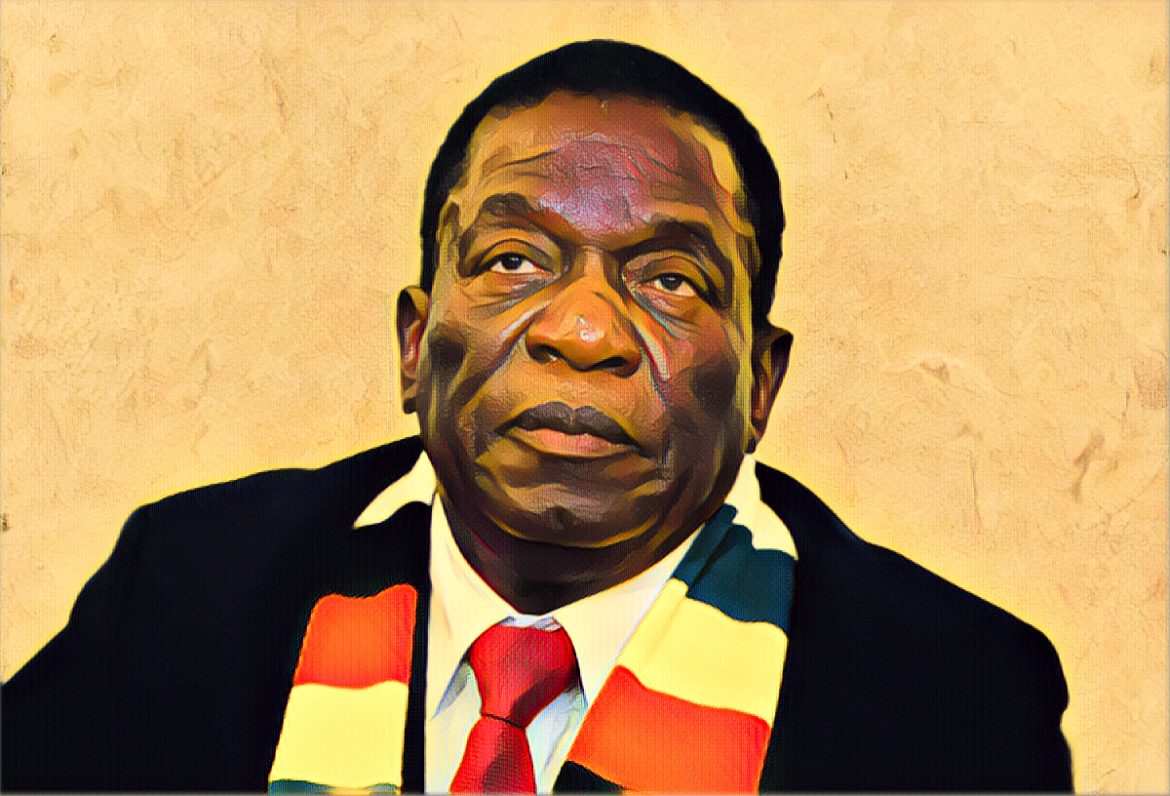The Southern African Development Community (SADC) has become a focal point of discussions in Zimbabwe, with claims that it holds the key to influencing the country’s leadership outcome. However, experts and analysts are quick to dispel these notions, emphasizing that such expectations are rooted in myths and misunderstandings rather than concrete facts.
It’s essential to clarify that the SADC does not possess the authority or mandate to interfere in the internal affairs of its member states or to endorse national leaders. The organization upholds the principles of sovereignty and independence for each member state, recognizing the legitimacy of their elected or recognized authorities. This stance underscores that the SADC cannot and will not meddle in Zimbabwe’s domestic political processes or determine the country’s next president.
Contrary to the SADC’s limited role, Nelson Chamisa and his political party, the CCC, have been advocating for the SADC’s support in their quest to challenge the results of the 2023 presidential election. Chamisa, who narrowly lost to President Emmerson Mnangagwa, has refused to accept the Constitutional Court’s verdict upholding Mnangagwa’s victory. Instead, he has sought external intervention from regional and international bodies, including the SADC, the African Union (AU), and the United Nations (UN).
Chamisa has accused Mnangagwa of election rigging, asserting that he has the support of millions of Zimbabweans seeking change. However, most of these organizations have congratulated Mnangagwa on his re-election and urged him to implement reforms to address the country’s socio-economic challenges. They have also called upon Chamisa and his supporters to respect the rule of law and engage in constructive dialogue with Mnangagwa’s government.
The SADC has expressed its support for Zimbabwe by designating October 25 as an annual Anti-Sanctions Day, aimed at protesting against illegal sanctions imposed by some Western countries on Zimbabwe. These sanctions have been blamed for crippling Zimbabwe’s economy and hindering its democratic processes. The SADC has also commended Mnangagwa’s efforts to re-engage with the international community and pursue a reform agenda focused on improving governance, human rights, and service delivery.
Mnangagwa, currently the vice-chairperson of the SADC, is set to assume its chairmanship in December 2023. This position will grant him greater leverage and influence in regional affairs, bolstering his diplomatic credentials. It will also pose a significant challenge to Chamisa, making it harder for him to bypass or undermine Mnangagwa in dealings with the SADC and other regional bodies.
Chamisa’s reliance on external pressure or intervention appears increasingly unrealistic and counterproductive. This approach not only distances him from potential allies within Zimbabwe but also from neighboring nations and regional partners. It underscores a lack of comprehension or appreciation for the workings of regional organizations like the SADC.
The SADC does not function as a kingmaker; it acts as a partner. It collaborates with existing leaders, rather than working against them. Its core principles center on cooperation, not confrontation, and it promotes dialogue, not division. Chamisa would be wise to acknowledge this reality and embrace the spirit of regional integration and solidarity that underlies the SADC’s vision and mission. By doing so, he can hope to play a meaningful role in Zimbabwe’s future development and prosperity.
Source: The Herald


